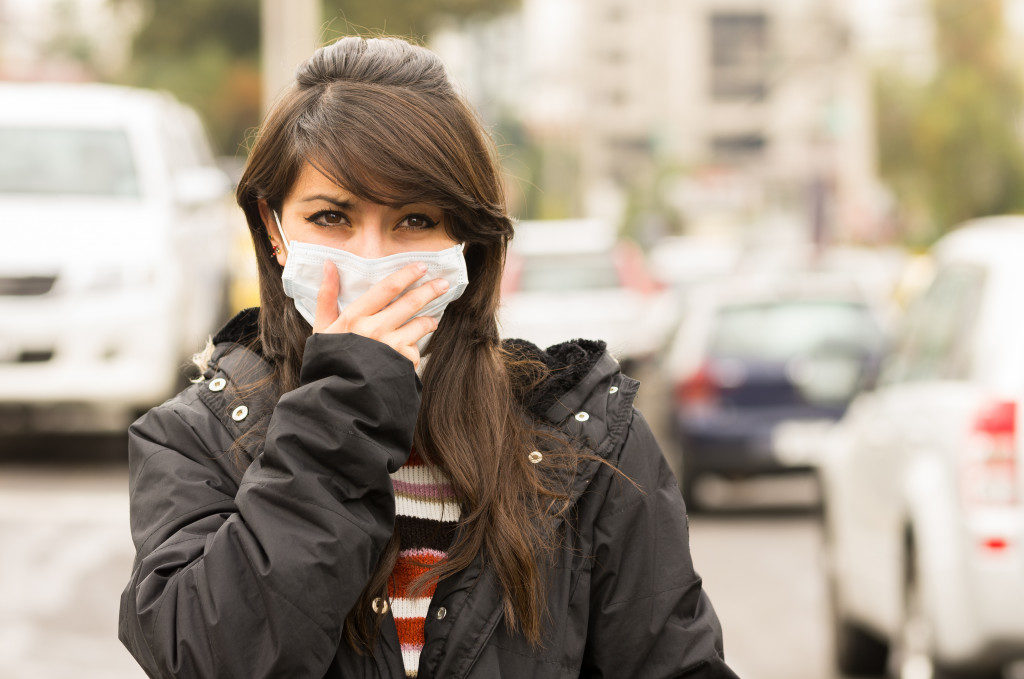There are a lot of things that can cause people to have allergic reactions. Apart from exposure to pollen and animal dander, mold and dust mites can trigger allergies, too. But besides knowing the things that can trigger your allergies, it’s essential to know the symptoms you need to watch out for. Keeping notes on your allergic symptoms can help you understand how to handle it and even when to see a doctor about it.
Primary allergic symptoms for each allergy
Allergic symptoms often vary on the material you’re allergic to, and these can affect various parts of your body. These include your sinuses, eyes, and skin.
Although the body’s reactions to allergens can extend from moderate to critical, there are instances where it can cause a person to experience life-threatening consequences called anaphylaxis.
For people who have hay fever or allergic rhinitis, sneezing can be common. They also experience itchy nose, eyes, and roof of the mouth. If it gets worse, then there’s a chance they might get conjunctivitis and a runny nose, too.
Meanwhile, those who are allergic to some food, they can experience a tingling sensation inside their mouth. Their lips, face, tongue, or throat can swell, too. Some also experience hives and, in worse cases, anaphylaxis. The same things happen for people who are allergic to specific drugs.
Those who have an insect sting allergy often experience edema at the site where they got stung. These people also have an itching sensation all over their bodies, as well as cough and wheezing.
Mold can cause allergic reactions to some people, as well. These are microscopic fungi that float in the air and tend to live in damp locations inside the house. The symptoms resemble allergic reactions to pollen, which include sneezing and runny nose. That’s why some people choose to have duct cleaning in Nashville to take care of the problem.
Protecting yourself against allergic reactions

There are many ways to protect yourself from allergens. But generally, the best rule is to avoid the triggers that you know. Even if you already have the medication for your allergies, it’s still best to avoid the foreign bodies that cause your allergic reactions. So, if you’re allergic to pollens, try to stay indoors when the pollens are high. Meanwhile, if you have an allergy with dust, then try to wash your beddings at least once a week. Also, improve the indoor air quality of your house, so you can ensure a healthy environment whenever you’re home.
Keeping a diary can help, too. It’ll help you keep track of all the activities you do and the food that you eat. Doing so will help you identify when your allergic symptoms happen and the things that can help alleviate it.
These are only a few of the things you need to know about allergens and the primary symptoms associated with it. If you or any of your loved one exhibits any signs and symptoms of an allergic attack, then it’s best to speak with your doctor immediately.




